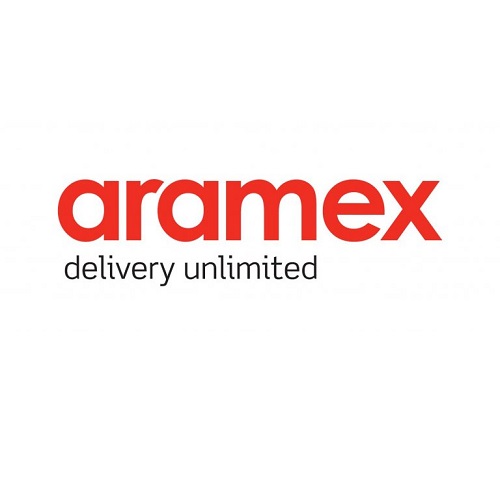Overcoming Life Science Supply Chain Challenges

The pandemic brought home the significance of robust supply chains. Particularly when products save lives, stakes are high. So, how can we work to overcome logistical and transportation challenges associated with life sciences?
The ongoing worldwide distribution of the Covid-19 vaccine is an extraordinary life sciences triumph. It was the logistical challenge of a lifetime, and that’s even before global supply chains got to their current crisis levels. From packers to transport drivers to materials, we’re facing a severe reduction in specialist personnel and products essential to our sector. Though most of us can agree we’d rather have access to the vaccine than a McDonald’s milkshake, the pandemic has really brought home the significance of robust supply chains. Particularly when products save lives, stakes are high.
Keeping your cool
Moving materials used to engineer life science projects, as well as their end products, is highly complex. Arguably a science itself! Most end-results are years of immense brainpower and engineering in the making that quite simply cannot afford to fail at the final hurdles: distribution, logistics and transport.
To say there’s even a minute margin for error is a push. Especially where products transfer in cold chains. Some things are a specific science, like distributing the US-German Pfizer-BioNTec vaccine. Bog-standard lorries were never going to cut it to move inoculations that require storage at an impressive -70°C. The construction of large freezers across areas the size of two football pitches in both Michigan and Belgium demonstrated the scale of the time-sensitive operation. Thanks to suitcase-sized storage boxes packed with dry ice (solid CO2), the vaccine could be stored and transported effectively.
The sheer urgency of this fragile operation was admired globally by both the public and sector professionals. No stranger to such complex arrangements is Aramex, the international logistics firm that’s been carrying out niche transportation operations since 1982. Partnerships with solutions providers like Oaksure Associates, specialists in controlled storage and distribution, ensures the upmost integrity is held during sensitive end-to-end operations. Using additional service providers, like Sonoco and Intelsius, enhances Aramex’s offering to ensure medical packaging industry standards and regulations are met. From sterile, non-sterile, or temperature-assured packing through to environmentally sustainable solutions, the effective distribution of precious biotech and pharma materials is asserted.
The full package
Other factors of medicinal movements that require accounting for include humidity and pH balance. Manufacturers may have cleared lengthy processes to meet strict regulation and compliance in terms of end product, but that doesn’t mean end game. Ensuring transportation environments are optimal for materials calls on our best friend, technology.
We’re a nation fast becoming more reliant on cloud-based solutions, and it’s easy to see why. Being able to access and monitor an environment from anywhere, at any time, offers invaluable real-time information. Where humidity levels in a transport container flag as dipping too low or reaching too high, for instance, professionals can make informed decisions about the efficacy of that batch of product.
Similarly, GPS-tracking of packages provides suppliers with rich information that may prove crucial to future decision-making, in terms of route, handling, and time-sensitivity. Having complete visibility over a supply chain shouldn’t be novel, it should be standard. Thanks to their well-established global operations and consequent wide-ranging network, it’s safe to say Aramex enable this. The ability to see a product’s journey progress and manage your inventory in real-time optimises stock management. It’s a fine line when it comes to balancing products spoiling against not having the products to spoil. A fine that we can’t afford to put lives on.
What’s more, having access to such data insight allows for the identification of any weaknesses, and strengths, within the supply chain. Effective management requires a constant seeking of improving and optimising processes to provide better outcomes, all the way to the end-mile delivery.
International Navigation
Whether you’re at the beginning of your life science journey or you’re well-established, competition is always significant. Globally, the number of research projects is on the rise, with projects often managed by a team operating across borders. Coordinating differing legislation, time-zones, customs procedures, and import/export regulations are only a few of the tasks on the to-do list. With a footprint that expands to all corners of the globe, Aramex have in-depth market knowledge and specialist advisors. Their warehouses are vast, meaning storage capacity is virtually unlimited. Strong, local partnerships and a consistently growing global network advantage their clients; audience reach is extended, as is range of supply areas.
The global life science sector has been thrust into the limelight like never before. Having experienced what it’s like to have an injection of the unthinkable, we must now work to overcome it. Establishing effective logistical processes and robust transport procedures is a good place to start.





















